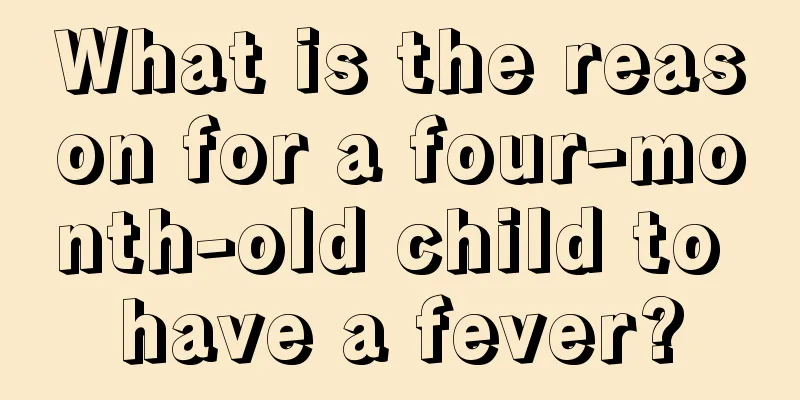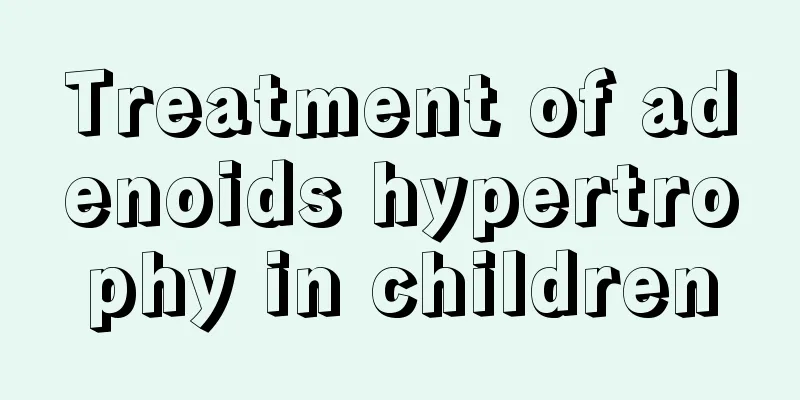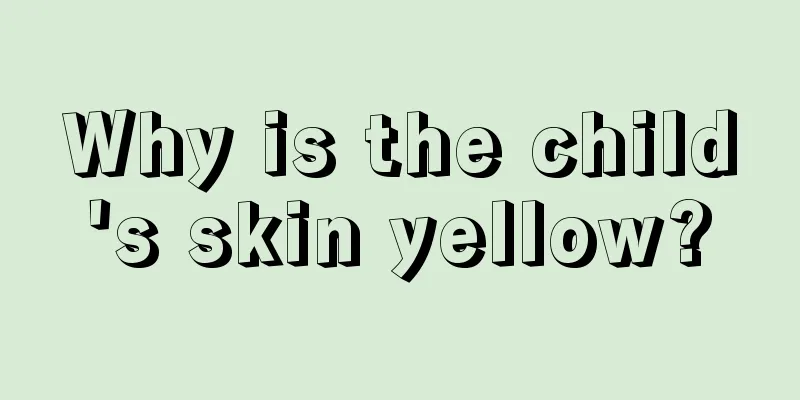Is urticaria in children serious?

|
Generally speaking, urticaria in children should be taken seriously and treated in time. It is believed that if urticaria in children is not treated in time, it will cause very serious changes in their future lives and will bring a lot of harm and changes to their lives. Urticaria is a serious disease for many people, so is urticaria in children serious? 1. The course of urticaria in children varies. The course of acute urticaria is less than 1 month. If it lasts for more than 1 month, it is chronic. It usually disappears on its own in about a week, leaving temporary pigmentation, but new rashes may appear one after another. Therefore, new and old skin lesions exist at the same time until the weather turns cooler, and then gradually heal but often recur the following year. 2. At the beginning of urticaria, local itching occurs on the skin. The skin becomes red after scratching, and bright red or white wheals of varying shapes and sizes quickly appear. The itching is severe and comes and goes, and may occur several times a day. Urticaria can occur in any part of the body. When the digestive tract is affected, nausea, vomiting, abdominal pain, and diarrhea may occur. It can also cause laryngeal edema, chest tightness, shortness of breath, suffocation, and bronchial asthma. If the lesions invade the kidneys, proteinuria and edema of the hands, feet, and face will occur. These are all very serious manifestations. 3. It can cause gastrointestinal functional diseases such as nausea, vomiting, diarrhea and abdominal pain. If urticaria is not cured in time, it can last for several months or even several years. The itching will be aggravated in the morning or before going to bed, affecting people's normal life and mental state. 4. Urticaria is not contagious. Urticaria, commonly known as wheals, is a common skin disease. Various factors cause temporary inflammatory congestion and large amounts of fluid exudation in the blood vessels of the skin and mucous membranes. Causes local edema damage. It occurs and disappears rapidly and is extremely itchy. So it’s not contagious. Urticaria is a common allergic skin disease. When exposed to allergens, red patches of varying shapes and sizes will appear on unspecified parts of the body. These patches will become itchy. If contact with allergens is not stopped and treated, the rash and itching will worsen. Antibiotics are often required when there is an infection, and if you are allergic to certain foods, you should temporarily avoid eating them. Chronic infection is often the cause of chronic urticaria, but the cause of urticaria in some patients is difficult to determine or cannot be found. In addition to antihistamines, treatment can also include reserpine, aminophylline, anloxin, 6-aminocaproic acid, vitamin K, vitamin E, vitamin B12, histamine globulin, transfer factor, procaine, etc. |
<<: What to do if your one-year-old baby has urticaria
>>: What happened if red spots suddenly appeared on my child’s face?
Recommend
Is childhood prurigo contagious? What should parents do?
The human body is most susceptible to allergies i...
How to make baby food shrimp
Shrimp meat is the shrimp meat taken out after pe...
What to do if your 9-month-old baby has a stuffy nose?
It is very common for nine-month-old babies to ha...
What should I pay attention to when my 2-year-old baby has chronic pharyngitis?
In fact, the source of infection for patients wit...
Causes and treatments of schizophrenia in children
There are many causes of schizophrenia in childre...
How to treat recurrent mumps in children?
A while ago, a friend of mine said that his child...
What to do if your child has oily hair?
Oily hair is very common in life, especially for ...
What are the dangers of ADHD in children?
ADHD is a disease symptom that children often suf...
What are the hazards of neonatal amniotic fluid inhalation?
People say that when a woman gives birth, it is l...
How to care for babies with breathing sounds
In fact, for some people who have just become par...
What should I do if my baby has small blisters on the back of his hand?
Generally, parents will panic when babies have a ...
What to do if your child has an allergic cough
When it comes to children's allergic cough, y...
How to treat stomach pain in children?
Stomach pain in children is something that many p...
What are the methods of caring for newborn red buttocks?
In such a hot season as summer, many newborns hav...
Red pimples on baby's face and hands
Babies' constitutions are naturally weaker th...









